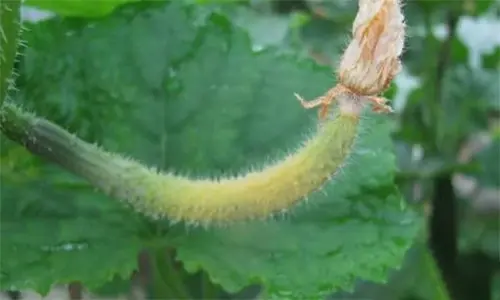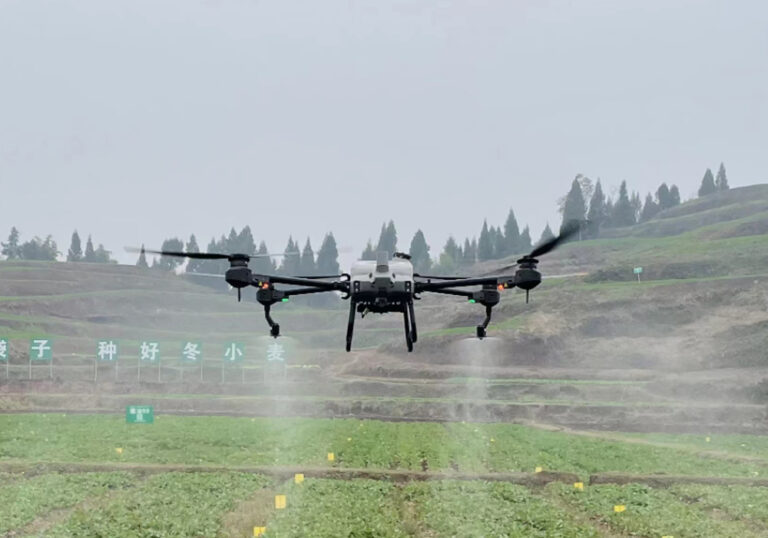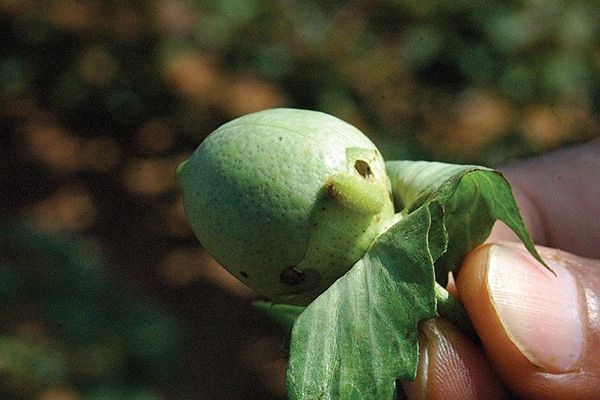Among the many insecticides available to control piercing-sucking pests, one stands out – pymetrozine! Now, before you confuse it with its distant cousin imidacloprid, let me assure you that the similarity lies in their names. These two pesticides may belong to the same category and have a “blood relationship”, but they are very different.
Pymetrozine is a revolutionary pyridine heterocyclic insecticide with a unique approach to combat those pesky insects that munch on your precious plants. Instead of directly killing them like other insecticides, pymetrozine disrupted the amine signaling pathway in their blood, resulting in a neurotoxic response that caused them to lose their appetite immediately after exposure. It’s like putting a “no entry” sign on insects!

They find that the aphids are still crawling after application after using pymetrozine. But let me tell you, my dear friends – pymetrozine does not work like other insecticides. It’s not about killing them right away; it’s about exterminating them right away. This is to teach them a lesson they won’t forget!

You see, pymetrozine targets the mouthparts of the pest first, making it impossible for them to eat. This unique approach means the insects take longer to meet their ultimate fate – starvation. Yes, it can take about 5-7 days for the to continue wreaking havoc on your plants. Talk about poetic justice!

So next time you see those pesky insects scurrying around after taking pymetrozine, don’t despair. “The Hunger Effect” just uses its sweet timing to work its magic. Rest assured, those insects are facing their fate, one belly growling at a time!
In short, there are reasons why pymetrozine has established an irreplaceable position in the market. Its unique method of insect control, while slower, ensures those pests won’t bother you again. So, let pymetrozine do its job and say goodbye to those unwanted guests in the most satisfying way possible – by starving them!






